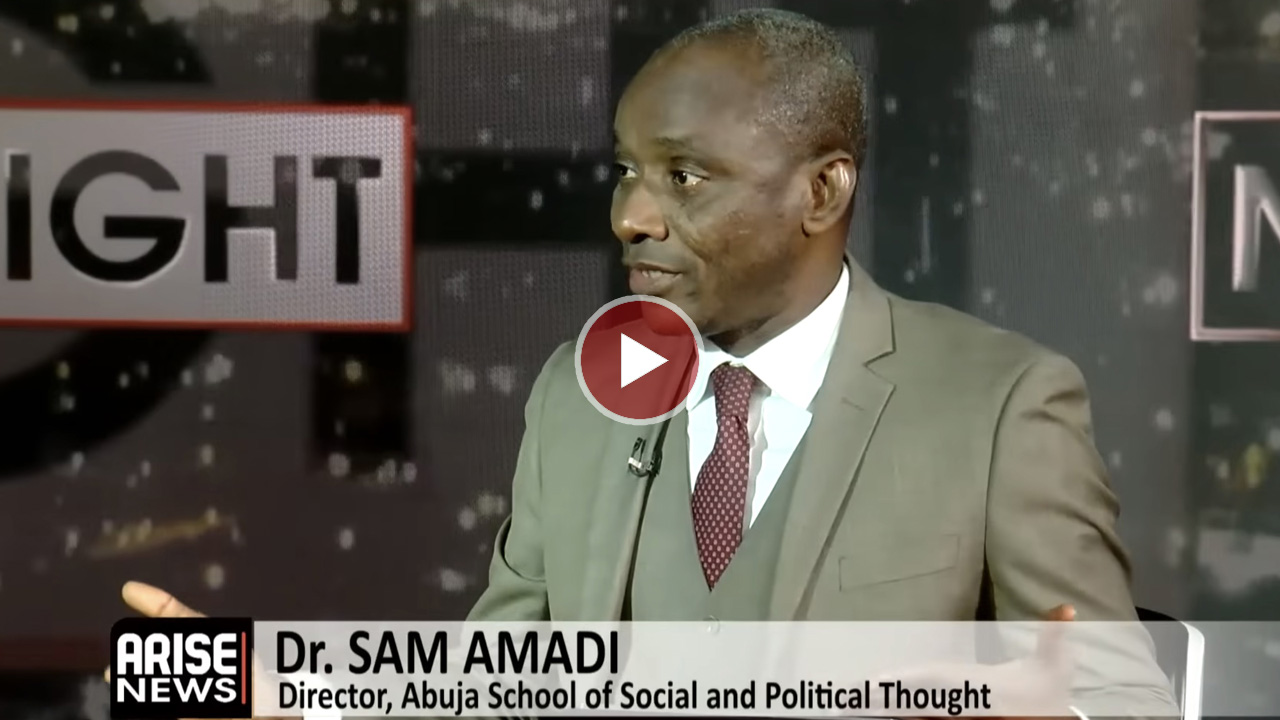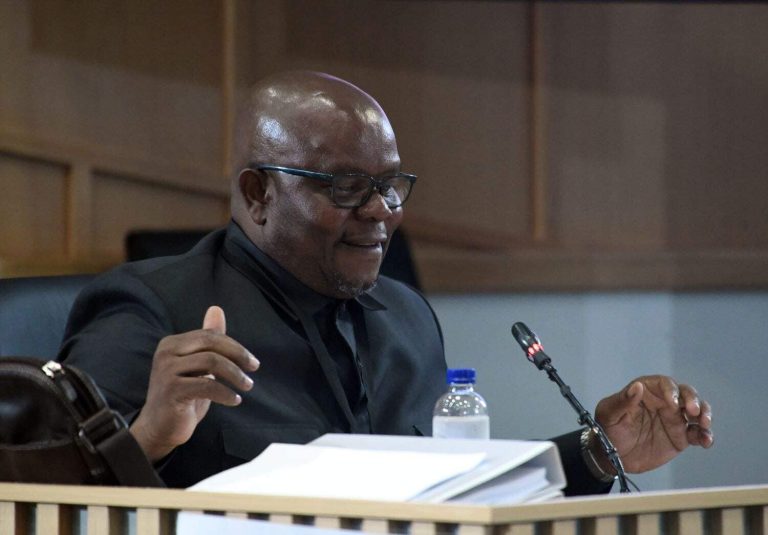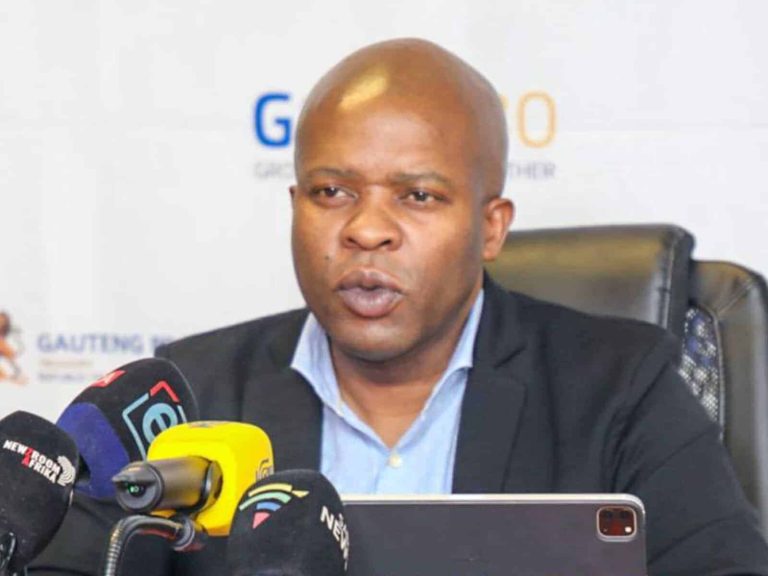

Director of the Abuja School of Social and Political Thought, Dr. Sam Amadi, has warned that Nigeria’s democracy risks deeper instability unless the country delivers credible and peaceful elections that citizens can trust.
Speaking during an interview with ARISE News on Monday, Amadi said the persistent cynicism among Nigerians towards elections was driven by a deep loss of faith in politicians, governance, and the electoral process itself.
“What we are facing is not just distrust of politicians or institutions,” he said. “It is a deeper cynicism — a belief that elections cannot be free, fair, or competitive. People have given up, thinking nothing will ever work. That is dangerous for democracy.”
Amadi noted that the crisis of confidence was not only caused by electoral malpractice but also by the behaviour of political actors who exploit public apathy.
“Whether it is rigging, vote buying, or manipulation of the process, what we have is a system where people assume there is a national machine that always determines outcomes,” he said. “So voters say, ‘Why bother? The results have already been written.’ That sense of fait accompli is destroying civic participation.”
He cautioned against the tendency of citizens to generalise every election as fraudulent, arguing that while flaws remain, the system has shown signs of improvement.
“We saw improvements in the 2023 elections — despite the controversy over technology glitches or even what some call deliberate sabotage,” Amadi said. “There were areas where the process worked. If you look closely, the system can still deliver credible outcomes if people engage, challenge institutions, and demand transparency.”
On voter apathy, he stressed that non-participation effectively empowers the same politicians people criticise.
“Not voting means you voted — you just didn’t vote for anyone,” he said. “You can give all the excuses you want about votes not counting, but the truth is, refusing to participate helps those who rig the system. When you stay home, you make it easier for manipulation to succeed.”
Amadi identified three major drivers of voter apathy — poor governance, weak accountability, and a perception that election outcomes no longer reflect performance in office.
“If people believe that their votes don’t matter for their lives, they will stay away,” he said. “When outcomes don’t align with expectations — for example, when an incumbent who should lose somehow wins — citizens lose faith. But INEC can rebuild credibility before 2027 by performing better in off-cycle elections.”
He described vote buying as a moral and institutional crisis that undermines democracy.
“The major issue in Anambra was not logistics or technology failure — it was vote buying,” he said. “About 70 percent of results were uploaded successfully, so INEC deserves some credit. But when there is an open market for votes, how credible is the process? In a state with high literacy and income like Anambra, this is disappointing. It shows how social factors like poverty and political desperation continue to shape elections.”
Amadi urged greater voter education and law enforcement to curb electoral corruption.
“Vote buying can be reduced through proper civic education and stronger enforcement,” he said. “People need to understand the power of their votes and the long-term damage of selling them.”
He also dismissed claims that credible elections are only possible when incumbents lose.
“Elections don’t become credible only when incumbents lose,” he said. “We should judge credibility by fairness, transparency, and the people’s ability to compete, not by who wins.”
Calling for collective citizen engagement, Dr. Amadi encouraged Nigerians to move beyond cynicism and take ownership of electoral reform.
“Wake up and engage,” he said. “If INEC is not working, challenge INEC. Identify the problem areas and force them to change. Don’t give up and assume there’s some unstoppable rigging machine. Elections can be competitive if you organise, monitor, litigate, and push for accountability.”
On the broader implications of flawed elections, Dr. Amadi warned that failure to reform could fuel instability and violence.
“Peaceful, fair elections are not just about democracy,” he said. “They are essential for social stability and conflict management. When people believe they can win power through fair means, they will not resort to violence. But when they lose faith in the ballot box, they turn to self-help.”
He concluded by urging Nigeria’s ruling elite to prioritise electoral credibility as a matter of national survival.
“Nigeria is becoming very polarised — along ethnic, religious, and regional lines,” he said. “It is in the interest of the ruling elite to invest in credible elections. Let’s start by ensuring fairness and transparency. Once we have credible elections, we can work on increasing voter turnout gradually.”
Boluwatife Enome



